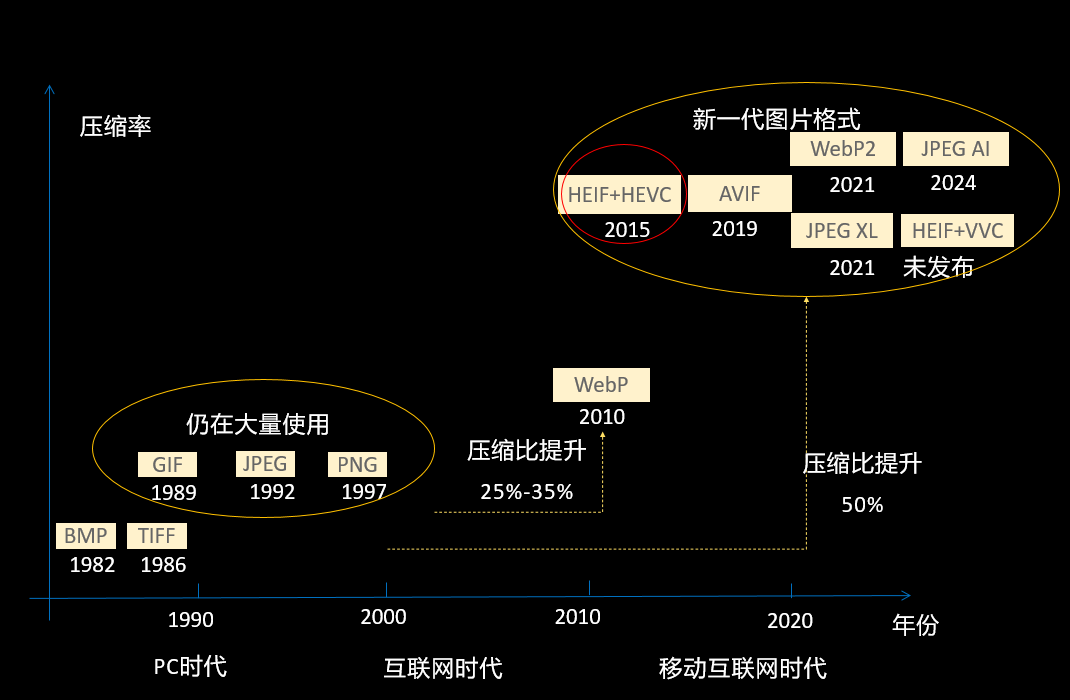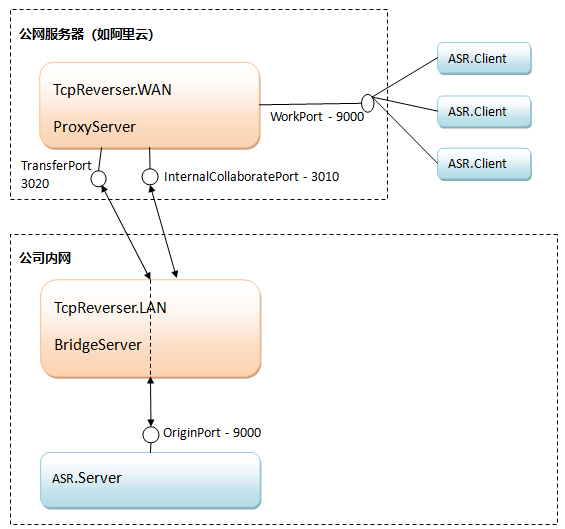具体调试代码参考github:https://github.com/hggzhang/CppTest/tree/master
概述
在程序设计中,我们希望关联程度低的对象之间的联系是“松耦合”的,也即减少直接依赖。一般的做法是使用消息机制进行信息的传递和响应,其中事件系统是其一种常规手段之一,下面我们尝试使用C++实现一个事件系统。
观察者模式
假如你想买一份报纸:
- 不停的去邮局问今天的报纸到了嘛?到了嘛?到了嘛?... (轮询模式)
- 去邮局登记要买今天的报纸,之后就回家;邮局报纸到了之后,邮局按照登记名单送报纸。(观察者模式)
对比这两种方式,相对你而言是不是方法2更加高效?你不必一直在邮局等着一直问报纸到了没,登记信息回家看电视等着就好了。所谓观察者模式基本就是这种思想,其核心要素有:
- 订阅消息:对某个感兴趣的消息A进行登记。
- 发布消息:“相关单位”发布消息A,通知所有登记者该消息内容。
当然,这只是主题思想,在程序上实现观察者模式还需要考虑一些其他因素,下面将会进行介绍。
程序总体设计
参考上述邮局的例子,我们来介绍下程序的核心“角色”(类):
- Event 报纸
- EventBus 邮局
- EventListener 买报纸的人
另外还需要其他辅助
- EventRegister 类似秘书或助手,帮助管理订阅相关事务
总结下各个角色的相关职责划分:
- Event 事件信息载体,比如鼠标移动事件包含{x, y}的坐标
- EventBus 事件总线,管理事件的订阅/发布
- EventListener 事件观察者,包含其关心的事件的类型,事件的响应函数,自身的ID
- ID:由于一个事件可能有多个观察者,用于比较确定我们自身是哪个
- EventRegister 管理EventListener,对事件相关行为进行封装,避免让每个使用者都实现一遍。
程序细节设计
这里结合C++语言特性和程序的特点说明下一些需要注意的细节:
Event
https://github.com/hggzhang/CppTest/blob/master/Program/Event.h
使用多态来实现不同的事件。
class EventBase { public: virtual ~EventBase() = default; }; class EventPosition : public EventBase { public: EventPosition(int x, int y) :X(x), Y(y) {} int X; int Y; }; EventBus
https://github.com/hggzhang/CppTest/blob/master/Program/EventBus.h
class EventBus : public Singleton<EventBus> { friend class Singleton<EventBus>; // ... } - Singleton 使用全局单例提高效率
std::unordered_map<std::type_index, std::list<std::weak_ptr<EventListenerBase>>> subers; - 使用type_index作为key来存储监听者列表,相对于字符串(需使用者定义)和typeid更加稳定
- 监听者列表使用list容器,添加和删除效率更好
- 使用弱指针weak_ptr来缓存监听者避免循环依赖
#ifdef ENABLE_EVENTBUS_MULTI_THREAD mutable std::mutex mutex; #endif - 使用编译开关控制线程锁
template<typename EventT> void Pub(const EventT& event) { // prevent infinite recursion static thread_local int depth = 0; constexpr int MAX_DEPTH = 10; // ... std::vector<std::shared_ptr<EventListenerBase>> validListeners; // ... std::type_index typeIndex = typeid(EventT); // ... } - 使用模板方法来发布事件,typeid(EventT)计算标识符Key更加高效
- depth和validListeners副本列表避免循环,如发布事件的回调里油订阅了事件等
EventListener
class EventListenerBase { public: int ID = 0; std::type_index Key = typeid(void); }; template<typename EventT> class EventListener : public EventListenerBase { public: std::function<void(const EventT&)> callback; EventListener( std::function<void(const EventT&)> InCB) :callback(std::move(InCB)) { Key = typeid(EventT); }; }; - 使用type_index作为标识符相比string和typename更高效可靠
- 由于事件的监听者可能有多个,使用ID用于标识监听者,方便查找
- std::move 转移内存控制权,减少拷贝
EventRegister
class EventRegister { private: #ifdef ENABLE_EVENTBUS_MULTI_THREAD std::atomic<int> id = 0; #else int id = 0; #endif public: std::vector<std::shared_ptr<EventListenerBase>> listeners; // ... } - 封装管理EventListener
- 启用多线程时,需要原子化变量
代码清单
参考github地址:https://github.com/hggzhang/CppTest/tree/master
部分代码在此贴出
Event.h
class EventBase { public: virtual ~EventBase() = default; }; class EventPosition : public EventBase { public: EventPosition(int x, int y) :X(x), Y(y) {} int X; int Y; }; class EventKeyPress : public EventBase { public: EventKeyPress(char key) :Key(key) {} char Key; }; EventBus.h
#pragma once #include <unordered_map> #include <string> #include <memory> #include <functional> #include <vector> #include <list> #include <typeindex> #include <typeinfo> #include "Event.h" #include "TSingleton.h" #define ENABLE_EVENTBUS_MULTI_THREAD #ifdef ENABLE_EVENTBUS_MULTI_THREAD #include <mutex> #include <atomic> #endif class EventBus; class EventListenerBase { public: int ID = 0; std::type_index Key = typeid(void); }; template<typename EventT> class EventListener : public EventListenerBase { public: std::function<void(const EventT&)> callback; EventListener( std::function<void(const EventT&)> InCB) :callback(std::move(InCB)) { Key = typeid(EventT); }; }; class EventBus : public Singleton<EventBus> { friend class Singleton<EventBus>; private: #ifdef ENABLE_EVENTBUS_MULTI_THREAD mutable std::mutex mutex; #endif // we use type_index as the key to store different event types, they more safe than using typeid(T) as string, // and use weak_ptr to avoid circular reference std::unordered_map<std::type_index, std::list<std::weak_ptr<EventListenerBase>>> subers; public: void Sub(std::shared_ptr<EventListenerBase> lsner) { #ifdef ENABLE_EVENTBUS_MULTI_THREAD std::lock_guard<std::mutex> lock(mutex); #endif std::type_index typeIndex = lsner->Key; if (subers.find(typeIndex) == subers.end()) { subers[typeIndex] = std::list<std::weak_ptr<EventListenerBase>>(); } subers[typeIndex].push_back(lsner); } void UnSub(std::shared_ptr<EventListenerBase> lsner) { #ifdef ENABLE_EVENTBUS_MULTI_THREAD std::lock_guard<std::mutex> lock(mutex); #endif std::type_index typeIndex = lsner->Key; auto it = subers.find(typeIndex); if (it != subers.end()) { auto& vec = subers[typeIndex]; // we need to compare the raw pointer, because the shared_ptr in vec is different from lsner vec.erase(std::remove_if(vec.begin(), vec.end(), [&](const std::weak_ptr<EventListenerBase>& wp) { auto sp = wp.lock(); return !sp || sp.get() == lsner.get(); }), vec.end()); if (vec.empty()) { subers.erase(it); } } } template<typename EventT> void Pub(const EventT& event) { // prevent infinite recursion static thread_local int depth = 0; constexpr int MAX_DEPTH = 10; if (depth >= MAX_DEPTH) { // log error return; } depth++; std::vector<std::shared_ptr<EventListenerBase>> validListeners; { #ifdef ENABLE_EVENTBUS_MULTI_THREAD std::lock_guard<std::mutex> lock(mutex); #endif // get valid ones and prevent callbacks from modifying the subers map during iteration // we cant't put validListeners outside, because Pub might be called recursively std::type_index typeIndex = typeid(EventT); if (subers.find(typeIndex) != subers.end()) { auto& list = subers[typeIndex]; for (auto it = list.begin(); it != list.end(); ) { if (auto lsner = it->lock()) { validListeners.push_back(lsner); ++it; } else { it = list.erase(it); } } } } for (auto& lsner : validListeners) { try { auto derivedLsner = std::static_pointer_cast<EventListener<EventT>>(lsner); if (derivedLsner) { derivedLsner->callback(event); } else { // log error continue; } } catch (...) { // log error continue; } } depth--; } }; class EventRegister { private: #ifdef ENABLE_EVENTBUS_MULTI_THREAD std::atomic<int> id = 0; #else int id = 0; #endif public: std::vector<std::shared_ptr<EventListenerBase>> listeners; template<typename EventT> int Sub(std::function<void(const EventT&)> callback) { auto& bus = EventBus::GetInst(); auto listener = std::make_shared<EventListener<EventT>>(callback); listener->ID = ++id; bus.Sub(listener); listeners.push_back(std::move(listener)); return id; } void UnSub(int ID) { auto& bus = EventBus::GetInst(); auto it = std::remove_if(listeners.begin(), listeners.end(), [&](const std::shared_ptr<EventListenerBase>& lsner) { if (lsner->ID == ID) { bus.UnSub(lsner); return true; } return false; }); listeners.erase(it, listeners.end()); } void Clear() { auto& bus = EventBus::GetInst(); for (auto& lsner : listeners) { bus.UnSub(lsner); } listeners.clear(); } }; 




















这一切,似未曾拥有